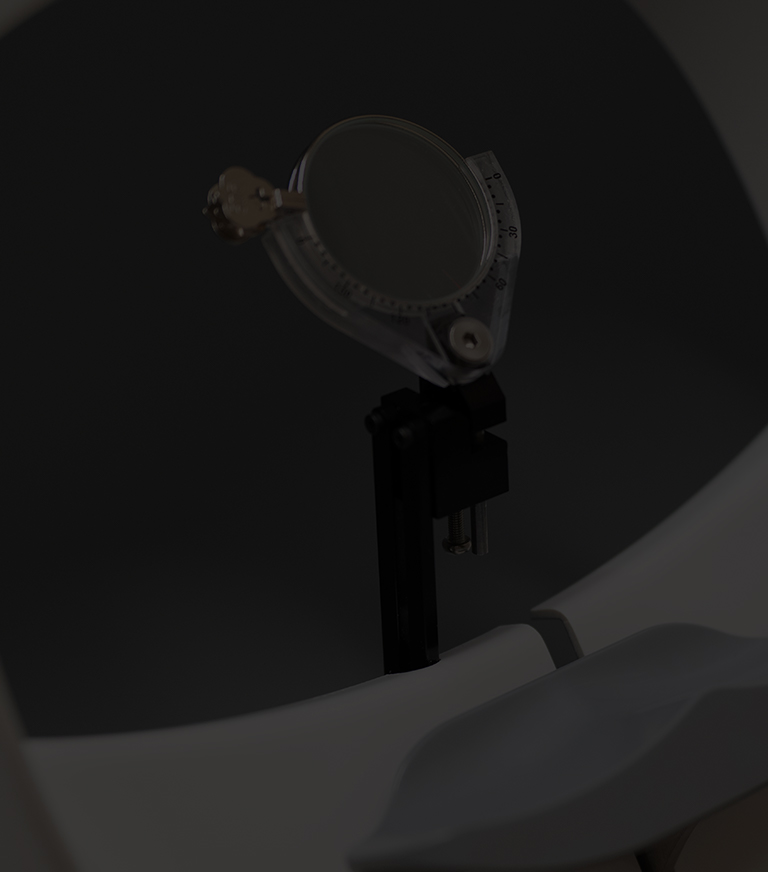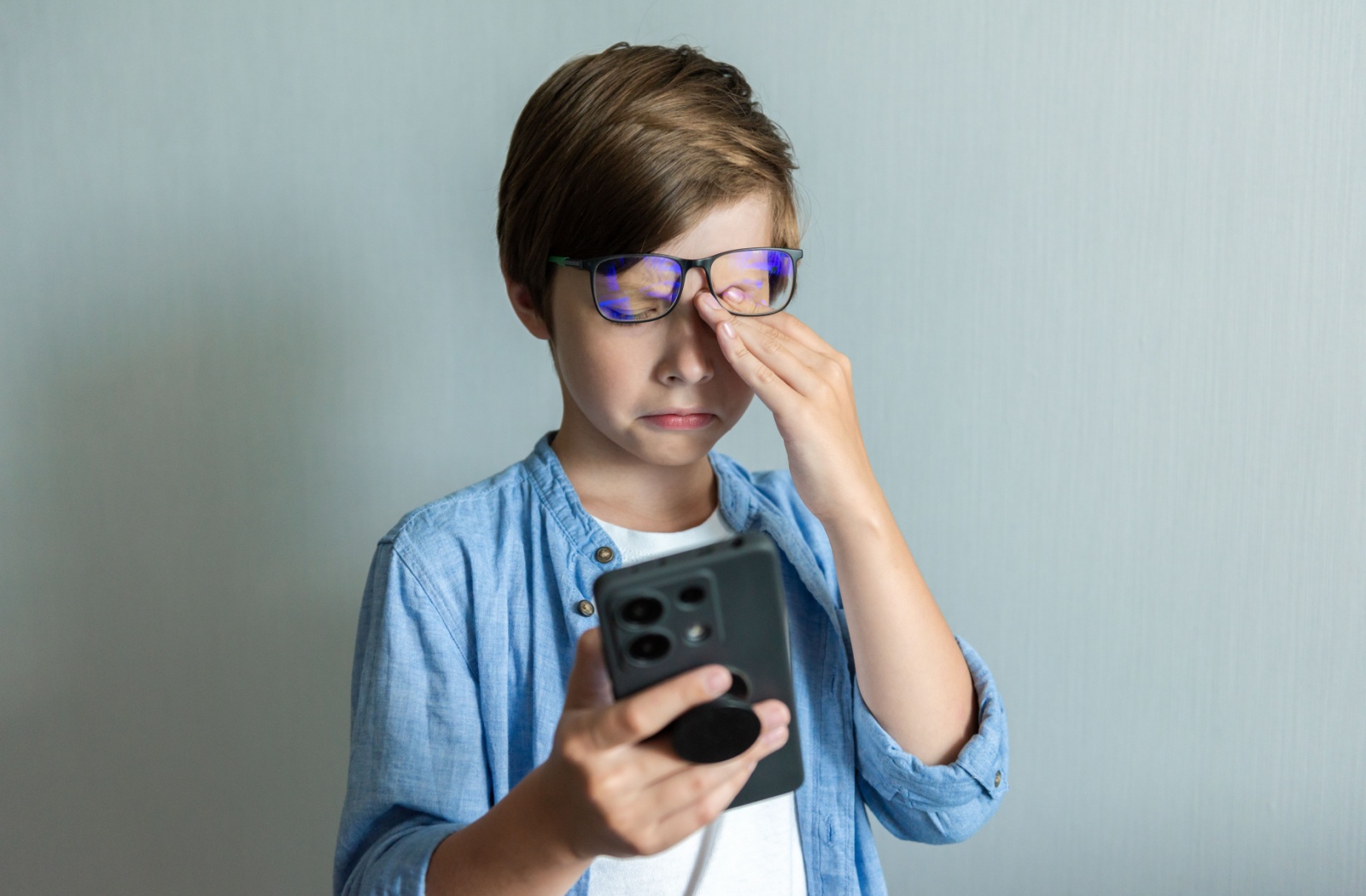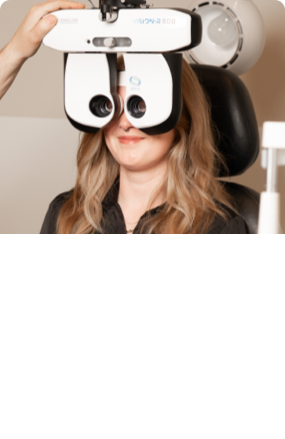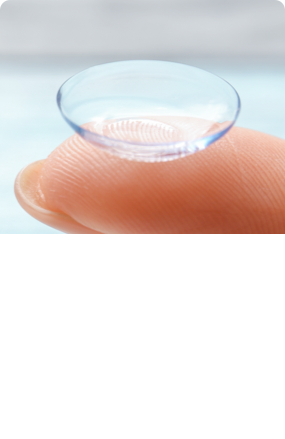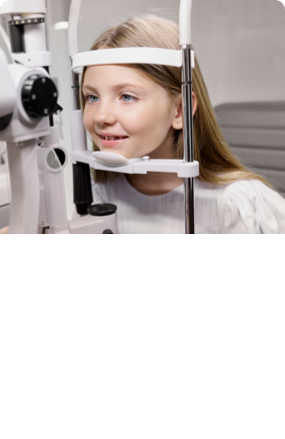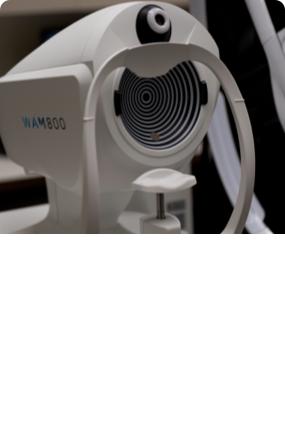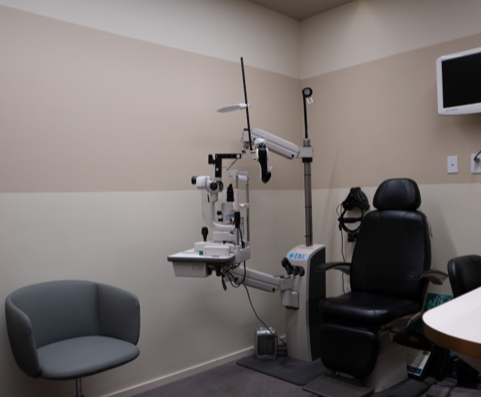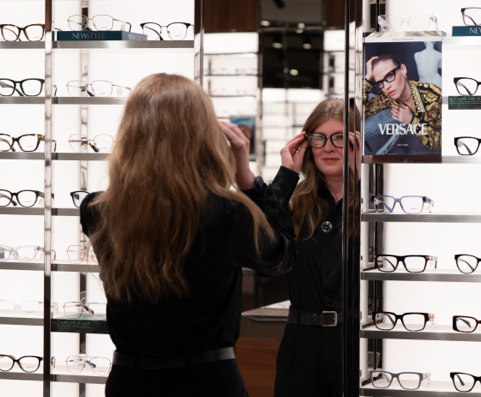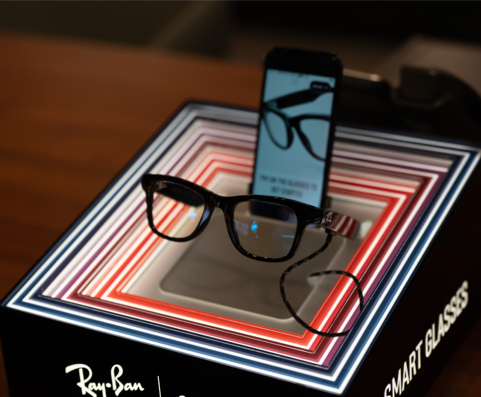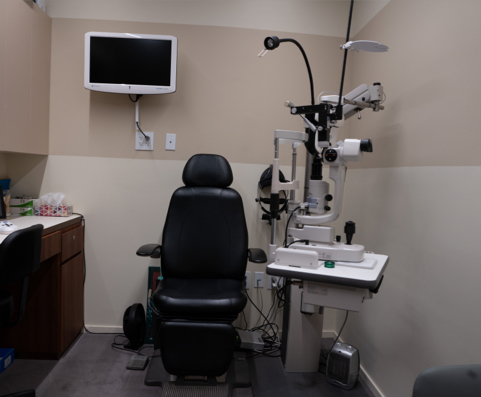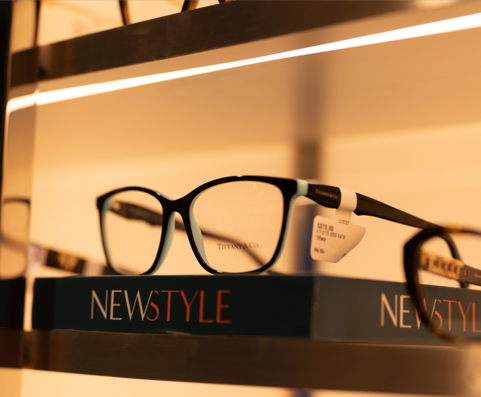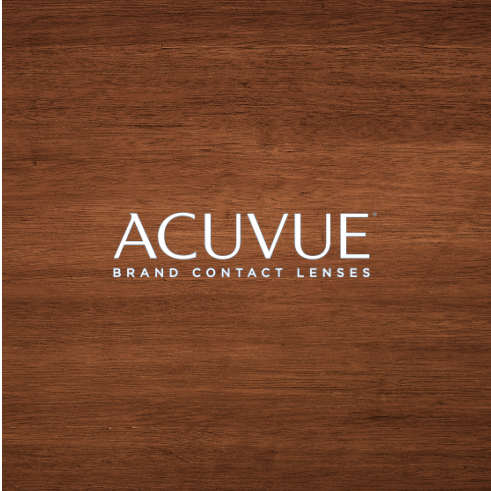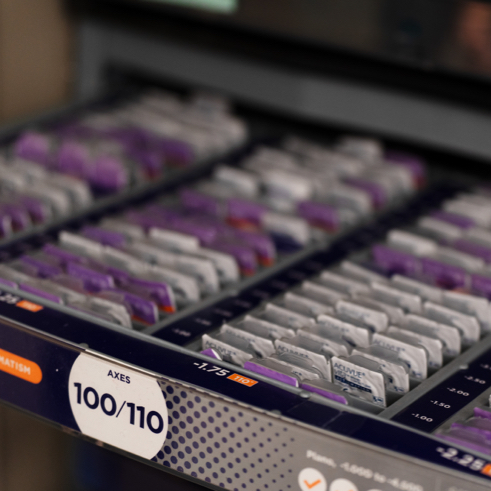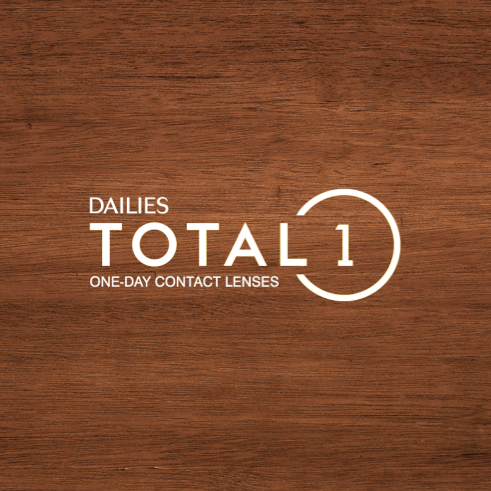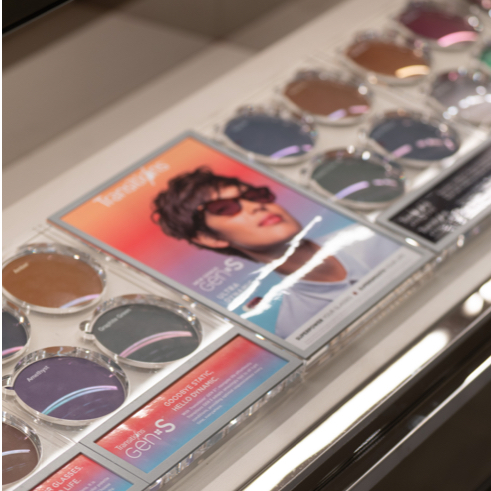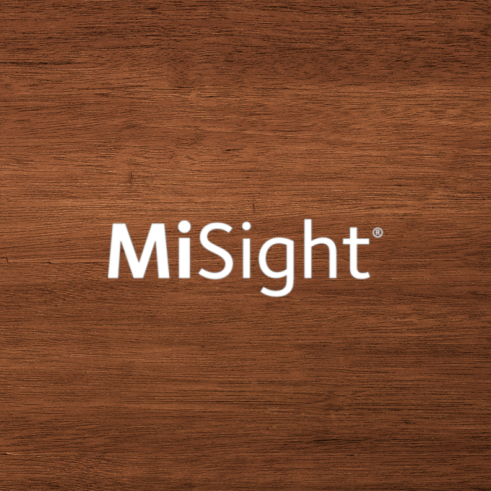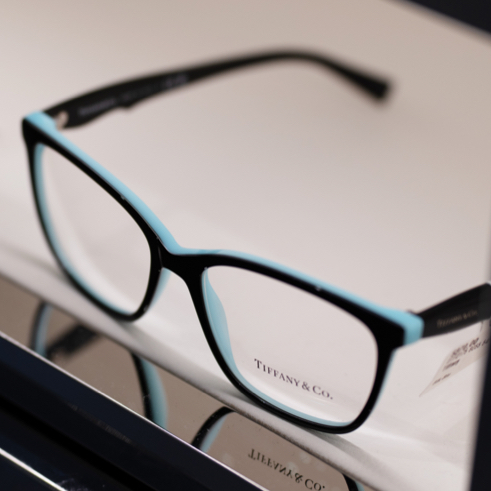As a parent, you no doubt pay close attention to your child’s health and development, so you may well be the first to notice that they’re squinting at distant objects or sitting closer to the TV. Both of these can be signs of nearsightedness (also called myopia), and it’s natural to wonder what you can do to support your child’s long-term eye health.
Fortunately, there are effective options available for myopia control. Low-dose atropine eye drops can help manage the progression of nearsightedness. We can work together to find a path forward that fits your family’s needs.
What Is Nearsightedness in Your Child?
Nearsightedness, also called myopia, is a common vision condition that makes distant objects look blurry, while close-up tasks like reading a book or using a tablet remain clear. Myopia often starts in childhood and can get stronger over the years as your child grows.
Myopia occurs when the eye grows too long from front to back. This causes light to focus in front of the retina instead of directly on it.
Taking steps to slow down progression of this condition can make a meaningful difference for your child’s future eye health. It also reduces their risk of developing high myopia, which increases the risk of serious eye-related health issues later in life.
How Can Atropine Eye Drops Help Manage Myopia?
Low-dose atropine eye drops are one option your eye doctor may recommend to manage myopia. These medicated drops have been shown to help slow down elongation of the eye, thereby slowing the progression of myopia. They are also custom-formulated in a range of dosages from a compounding pharmacy, uniquely-tailored to your child’s needs.
While myopia can’t be cured, myopia control treatments like atropine eye drops can reduce the rate at which the condition develops. This helps support your child’s future vision.
What to Expect During Treatment
A Simple & Straightforward Routine
The process is simple, and usually involves placing one drop in each of your child’s eyes at bedtime. This timing helps ensure that mild side effects, like temporary light sensitivity and blurry near vision, don’t interfere with day-to-day life. They’d typically continue to use their normal daytime vision correction, with either glasses or contact lenses.
A Long-Term Partnership in Eye Care
Myopia management is a marathon, not a sprint, and it often continues for a number of years. At Orchard Park Optometry, we see ourselves as your partners on this journey, and we’ll be here to support you and your child at every stage.
Regular follow-up appointments are a key part of managing myopia. Comprehensive eye health evaluations allow us to carefully monitor your child’s vision and eye health, so we can see how the treatment is working and make any necessary adjustments along the way.
These check-ups are also your time to share any observations or ask questions. Open communication helps us provide the most attentive care for your child. We want you to feel confident and informed about their eye care plan.
Monitor Your Child’s Eyes with Modern Tools

Track Progress with Axial Length Measurement
To get a complete picture of your child’s myopia, we go beyond a standard eye exam. We also use axial length measurement to measure the length of your child’s eye from front to back.
Since myopia progresses as the eye gets longer, measuring the length of the eye is the most accurate way to confirm whether treatment is working. This lets us tailor a management plan to your child’s particular needs.
Is Your Child a Candidate for This Treatment?
Atropine eye drops are often a good option for school-aged children whose nearsightedness is progressing. The first step is a comprehensive eye exam. This allows us to get a full understanding of your child’s eye health and vision history.
During this exam, we’ll look at their current prescription and how it has changed over time. We’ll also consider their age and overall eye health. This complete picture helps us determine if atropine drops are a suitable choice.
Alternatives to Atropine for Myopia Management
In addition to atropine eye drops, we are happy to offer a range of solutions that may be better for your child. One of our most popular options with kids is a specialized type of contact lens that is worn at nighttime, called Ortho-Keratology Lenses, that provides clear vision during the day free from glasses or daytime contacts. We may also recommend day-time soft contact lenses or specialized glasses with myopia control technology (ie, Stellest Lens). You can find out more on our website at our myopia control page.
A Personal Approach to Your Family’s Eye Care
We understand that every family and every child is unique. That’s why we take the time to listen and provide care with a personal touch. Our practice is a place where you can feel at home and comfortable with your eye care. If you’re looking for an eye doctor in Kelowna to discuss myopia management, our team at Orchard Park Optometry is ready to help. Book an appointment today to explore the options for your child’s vision. We look forward to welcoming you to our clinic.
